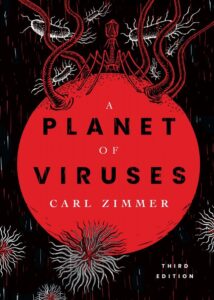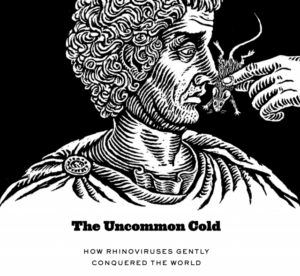The New York Times, April 5, 2021
A new vaccine for Covid-19 that is entering clinical trials in Brazil, Mexico, Thailand and Vietnam could change how the world fights the pandemic. The vaccine, called NDV-HXP-S, is the first in clinical trials to use a new molecular design that is widely expected to create more potent antibodies than the current generation of vaccines. And the new vaccine could be far easier to make.
Existing vaccines from companies like Pfizer and Johnson & Johnson must be produced in specialized factories using hard-to-acquire ingredients. In contrast, the new vaccine can be mass-produced in chicken eggs — the same eggs that produce billions of influenza vaccines every year in factories around the world.
If NDV-HXP-S proves safe and effective, flu vaccine manufacturers could potentially produce well over a billion doses of it a year. Low- and middle-income countries currently struggling to obtain vaccines from wealthier countries may be able to make NDV-HXP-S for themselves or acquire it at low cost from neighbors.
“That’s staggering — it would be a game-changer,” said Andrea Taylor, assistant director of the Duke Global Health Innovation Center.
Continue reading “Researchers Are Hatching a Low-Cost Coronavirus Vaccine”



